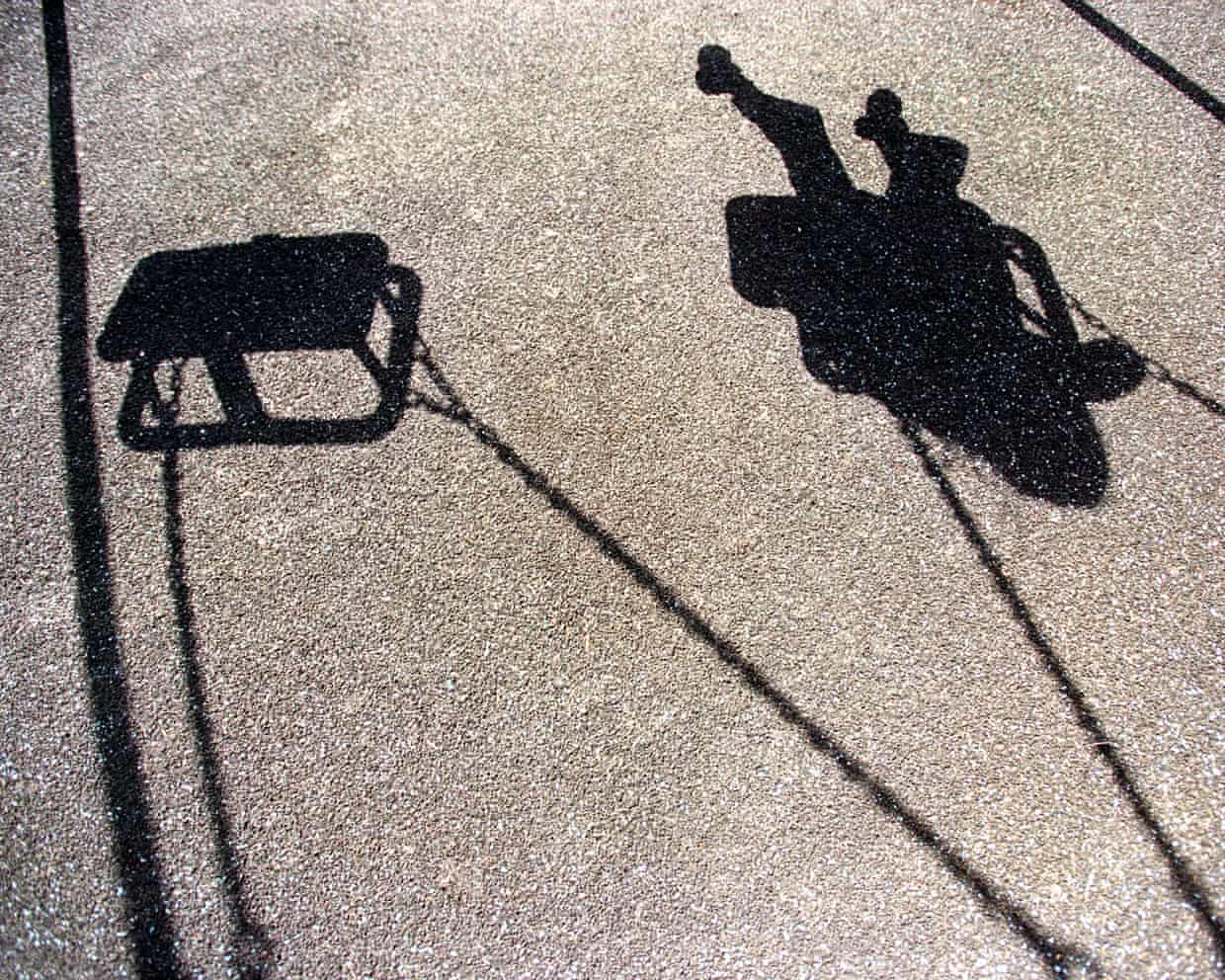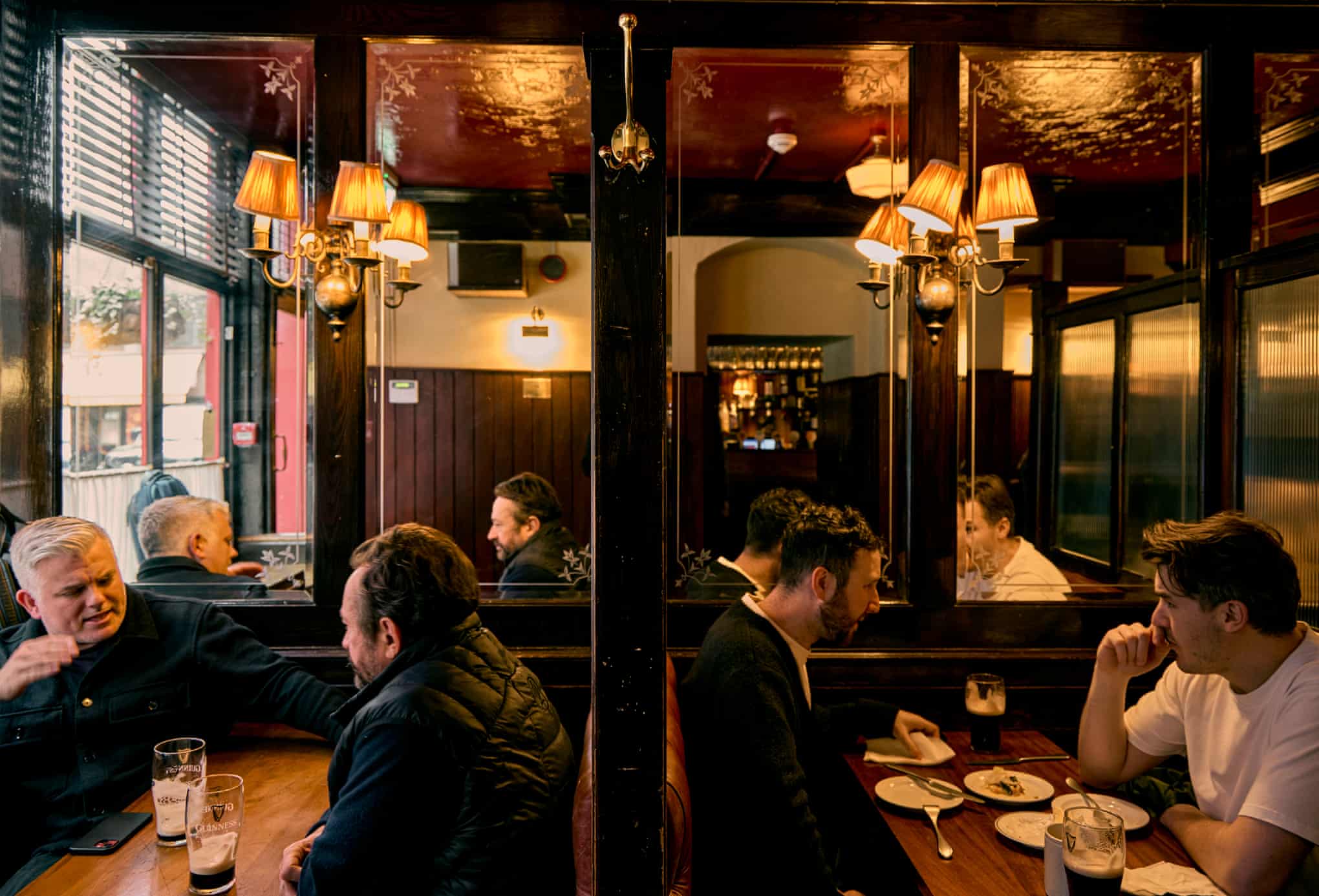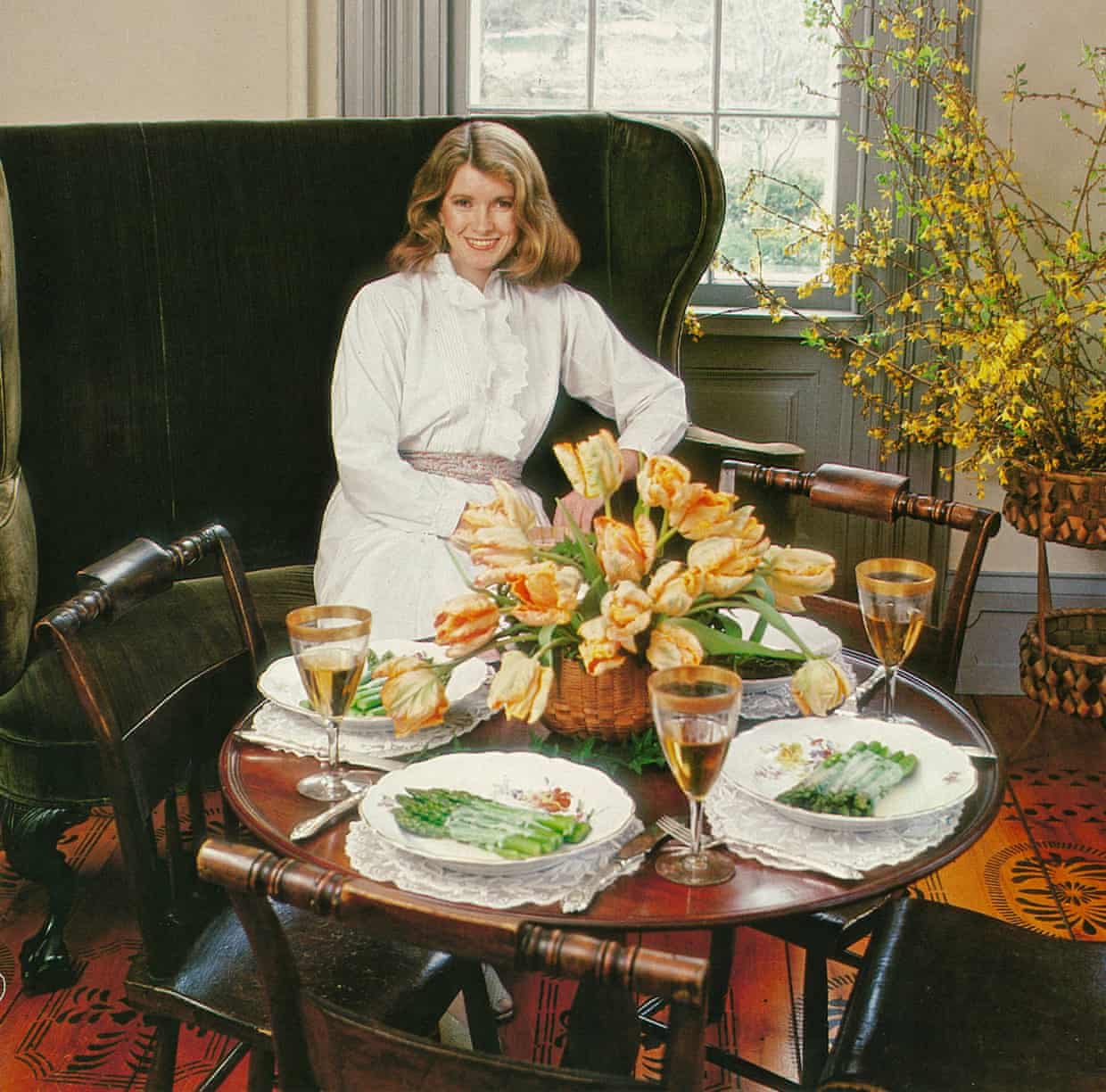Two peers suspended from House of Lords for breaking lobbying rules

Two long-serving peers are to be suspended from the House of Lords after a parliamentary watchdog ruled that they had broken lobbying rules,Richard Dannatt, a former head of the British army, and David Evans, Lord Evans of Watford, were filmed breaking the rules in undercover footage recorded by the Guardian,Lord Dannatt is to be suspended for four months after he was found to have broken the rules, having offered to secure meetings with ministers for a potential commercial client who wanted to lobby the government,He was secretly filmed telling undercover reporters he could make introductions to ministers and that he would “make a point of getting to know” the best-placed politician,After he was exposed in the undercover footage, the Guardian uncovered three further cases in which he had provided parliamentary services in return for payment.
In a separate case, Lord Evans is to be suspended for five months after a finding that his actions “could erode public trust in parliamentarians”, with the watchdog finding four separate breaches of the rules.The Labour peer was caught offering to introduce undercover reporters – who were posing as property developers hoping to lobby the government – to fellow parliamentarians.Evans, a peer since 1998, has had the Labour whip removed.Dannatt remains a crossbench peer.The inquiries into the two peers by the Lords commissioners for standards followed investigations by the Guardian as part of the Lords debate project.
They are the latest to be punished.Previously two lords were given sanctions after official inquiries into peers’ conduct prompted by Guardian reporting.Both Dannatt and Evans initially claimed they had not broken the rules.But now, in a statement, Dannatt has said: “I deeply regret the commissioner’s findings regarding my personal honour and I decided that the honourable course of action was not to waste the conduct committee’s time by appealing against the findings but to accept the appropriate sanction.”He added: “I also understand that acting in the national interest in good faith, which was my motivation … is not an excuse or justification for breaching the code of conduct.
At nearly 75 no one is too old to learn lessons and I hope that these activities will be placed in the context of my 56 years’ public service.”Evans did not immediately respond to a request for comment.Since retiring from the army, Dannatt has had a portfolio career, with a number of outside interests in addition to his seat in the Lords.He has insisted these roles were in the national interest, and told the watchdog: “I think as far as I’m concerned my personal honour and the national interest are very much one and the same.”But the report found he had failed to act on his personal honour.
Instead, he has repeatedly exploited his status as a parliamentarian to lobby the British government on behalf of commercial interests in what the Lords conduct committee described as “improper interactions with ministers or officials” over a period of two years:In June 2022, Dannatt lobbied ministers and officials to provide millions of pounds in financial support for a venture looking to purchase a fertiliser factory.Three days after the meeting with a minister, he was paid £2,000, followed by a further three payments of £2,000 months later.In January 2023 and September 2024, at the instigation of executives at Teledyne, a US defence company that paid him, Dannatt wrote to Home Office ministers to lobby them for “assurances” the government was taking action against Palestine Action.The letters followed an attack by the group on the company’s factory.In January 2024, Dannatt wrote to the UK’s top diplomat in Ghana to organise a meeting with her that he attended with the director of a British goldmine company.
They used that meeting to lobby her to get support from the Ghanaian government for the company, in which Dannatt had shares,Dannatt, a peer since 2011, said that he believed he was acting in the national interest, that he planned to donate his shares in the goldmine company to a charity and expressed remorse that “my misunderstanding of the code of conduct and the publication by the Guardian of highly unwelcome articles has damaged my reputation but more significantly risked that of the House of Lords”,Dannatt also claimed he had not offered to lobby on behalf of the undercover reporters,He told the watchdog: “In my opinion I was not expressing a clear willingness but a theoretical willingness and that I was talking in the future conditional tense using the words ‘could’, ‘would’ and ‘might’,”Evans used his position in the second chamber to get fellow peers to speak at commercial events that his son was holding in parliament.
Evans was a shareholder in his son’s company, to which he had also loaned more than £50,000, although he claimed not to remember he had the shares.Evans told undercover reporters, who had expressed an interest in a £25,000 event sponsorship opportunity offered by his son, that he could introduce them to members of the house.He bragged to them how it was “great being a Labour peer at the moment because we’ve got our mates who now have senior jobs”.The parliamentary watchdog’s investigation revealed that the Lords authorities had warned Evans’s son Richard Evans last year that he was breaking the rules.The Lords events team had written to Richard Evans saying that he was charging people more than £400 to attend events and advertising the events without the team’s permission.
The rules stipulate that charges for guests must be broadly equivalent to the cost of events held in the Lords and that events cannot be advertised without parliamentary consent,Despite this warning, the events promoted by Richard Evans continued,Later in the year, the Guardian recorded him and his father breaking the rules,The best public interest journalism relies on first-hand accounts from people in the know,If you have something to share on this subject you can contact our investigations team confidentially using the following methods.
Secure Messaging in the Guardian appThe Guardian app has a tool to send tips about stories.Messages are end to end encrypted and concealed within the routine activity that every Guardian mobile app performs.This prevents an observer from knowing that you are communicating with us at all, let alone what is being said.If you don't already have the Guardian app, download it (iOS/Android) and go to the app menu.Pick ‘Secure Messaging’, follow the instructions to compose your message and select ‘UK Investigations Team’ as the recipient.
SecureDrop, instant messengers, email, telephone and postIf you can safely use the tor network without being observed or monitored you can send messages and documents to the Guardian via our SecureDrop platform.Finally, our guide at theguardian.com/tips lists several ways to contact us securely, and discusses the pros and cons of each.

Princess of Wales calls for end to ‘stigma’ around addiction
The Princess of Wales has called for an end to the “stigma” surrounding addictions, saying the experiences of those dependent on drugs, alcohol or gambling are “shaped by fear, shame and judgment”.Catherine, who is a patron of the charity Forward Trust supporting recovering addicts, said more open conversations were needed to bring the issue “out of the shadows” and for society to show “compassion and love” to those affected.“Addiction is not a choice or a personal failing but a complex mental health condition that should be met with empathy and support,” she said in a message marking addiction awareness week, which runs to 30 November.“But still, even now in 2025, people’s experience of addiction is shaped by fear, shame and judgment. This needs to change

More than 2,000 trafficked children and lone child asylum seekers missing from UK councils’ care
More than 2,000 children who have been trafficked or who arrived in the UK alone to claim asylum disappeared from social services’ care last year, according to freedom of information data shared with the Guardian.The authors of a report, Until Harm Ends, submitted FoI requests to children’s services departments in councils across England, Wales, Scotland and Northern Ireland asking for information about trafficked children and those who arrived alone in the UK and claimed asylum, who then went missing after being taken into care.Data from 135 local authorities revealed that out of 2,335 children identified as having been trafficked or suspected of having been trafficked, 864 (37%) were reported missing.A total of 141 local authorities responded to questions about lone child asylum seekers in their care, who amounted to 11,999 children. Of these, 1,501 (13%) were reported missing

Hospitals must get smaller to stop NHS ‘permacrisis’, thinktank urges
Hospitals need to become smaller, with fewer beds, to help save the NHS from its “permacrisis”, a thinktank has said.The role hospitals play needs to undergo “a fundamental reinvention” to help them escape the overcrowding that has become widespread over the last decade, according to the thinktank Re:State.Politicians and NHS leaders will have to be prepared to push through a potentially controversial programme of downsizing hospitals for the service to remain viable, it adds.The thinktank – formerly called Reform – argues in a new report that doing so will save the NHS billions of pounds, lead to better care for patients and relieve pressure on overworked staff.Hospitals could shrink in size, shedding thousands of beds, as the result of a massive expansion of care delivered in and near people’s homes

Private finance plans for NHS buildings | Letters
Labour MPs are absolutely right to reject Wes Streeting’s plan to use private capital to build neighbourhood health centres (Labour MPs urge Reeves to drop private finance plans for NHS buildings, 21 November). Like a family using a payday loan to buy their home, yes, we’d end up with a building, but we’ll have to sacrifice meals to keep up with the payments.Given Rachel Reeves’s lack of fiscal wiggle room, no one believes that the NHS’s budget will increase year-on-year to keep pace with the combined financial impact of inflation, the growing health needs of our ageing population and possible rising drug prices. So adding a new private finance debt burden to this cocktail will only result in trusts skimping on the only one of those things they have control over: patient care.Research has shown that some trusts pay out more in annual debt repayments for private finance initiatives (PFI) than they do for medicines for patients

Budget 2025: how inflation and the two-child benefit cap have increased poverty
“I’ve sat and cried many times, feeling like I’ve let my kids down,” is the heartbreaking description one Kent mother gives of the difficulty she has meeting her family’s needs.With four children still under 13, the family live in a rented flat in the town of Herne Bay on the county’s north coast. She does not come to the door, but her partner passes a handwritten note relaying their meagre existence on benefits as the Guardian joins the local food bank’s morning delivery round.“I have to be careful with electric and gas, and food has to be £1 frozen food,” she writes. “Snacks are a very rare treat

Bereaved parents face ‘harrowing’ delays for NHS postmorterms
Bereaved parents are enduring “harrowing” delays of more than a year to find out why their child died because the NHS has too few specialist doctors to perform postmortems.The shortage of paediatric and perinatal pathologists is revealed in a report by the Royal College of Pathologists published on Sunday. It warns that the situation is “dire”, services in some parts of the UK have “totally collapsed” and families are paying the price.The NHS has so few of those doctors that in some regions the bodies of babies and children who have died have to be taken elsewhere for examination, for example from Northern Ireland to Alder Hey children’s hospital in Liverpool, the college says.“Our service is in crisis”, said Dr Clair Evans, the chair of the college’s advisory committee that represents pathologists who specialise in the care of under-18s

Rukmini Iyer’s quick and easy recipe for spiced paneer puffs with quick-pickled carrot raita | Quick and easy

Chef Skye Gyngell, who pioneered the slow food movement, dies aged 62

How to make the perfect butter paneer – recipe | Felicity Cloake's How to make the perfect …

Fluffy and fabulous! 17 ways with marshmallows – from cheesecake to salad to an espresso martini

The Shaston Arms, London W1: ‘Just because you can do things doesn’t mean you should do them’ – restaurant review | Grace Dent on restaurants

Goblets of borscht, turkey-shaped madeleines: why Martha Stewart’s fantastical menus are still an inspiration